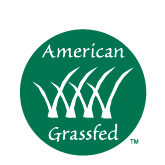Wisconsin Grass Fed Beef
Wisconsin is known as America’s Dairyland, but there are plenty of beef cattle raised in the Badger State. In fact, there are 14,000 farms devoted to beef production, double the state’s 7,000 dairy farms, according to the Wisconsin Beef Council. The state is home to 3.5 million cattle, representing $1.7 billion in annual cash receipts. Beef cattle are Wisconsin’s second-largest agricultural industry, after milk.
While the majority of dairy farms consist of herds numbering over 50, most beef farms have herds of 50 or less. Farmers are turning to beef to diversify their farms, and such diversification also plays a role in the growth of regenerative agriculture.
More than 200 family farms belong to the Wisconsin Grass Fed Beef Cooperative, a group dedicated to the belief that natural rotational grazing is the healthiest way to raise beef cattle. These cattle receive no antibiotics or growth hormones, and no pesticides or herbicides are used on their pastures. They are raised in a low-stress manner, consuming only grass and forage.
At Thousand Hills Lifetime Grazed, we source our steaks and burgers from local grass fed beef ranchers nationwide. We partner with Wisconsin Regenerative Ranchers to provide delicious, healthy meat to our customers.

Wisconsin Grass Fed Beef
Wisconsin grass fed beef is produced by farmers devoted to environmental stewardship. They care deeply about the land on which they live and raise their animals. They manage their pastures for soil regeneration, the protection of waterways, and an increase in wildlife habitat. Rotational grazing keeps cattle and soils healthy. There is no need for chemical fertilizer, as the manure serves that natural purpose.
We verify that our Wisconsin grass fed meats are raised according to the strictest standards, so that your beef is healthy and humanely raised.
What is Grass-Fed, Grass-Finished Beef?
At Thousand Hills Lifetime Grazed, we provide our customers with only grass-fed, grass-finished beef. That means these cattle ate grass for their entire lives and never spent time in a feedlot. While many beef products are advertised as “grass-fed,” that does not mean the cattle did not spend the last several weeks of their lives fattening on grain in a crowded feedlot. Only when meat is labeled as grass-fed and grass-finished does it mean the animals spent their lives consuming only forage.
If you want to avoid eating meat from cattle fattened on feedlot grains and byproducts, stay away from meat labeled only as grass fed.
Wisconsin Grass Fed Meats Delivery
When you order 100% Grass Fed Steaks and other grass fed meats from Thousand Hills Lifetime Grazed, you are doing more than ordering healthy beef. Because you care about where your food comes from and want to help the environment, you are also playing a role in the battle against climate change while supporting the rural economy. Enjoy those burgers or steaks on the grill or a delicious roast while knowing the way these cattle were raised helps regenerate our precious soils and protects our waterways.
Check out our subscription beef packages!


